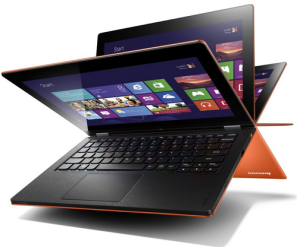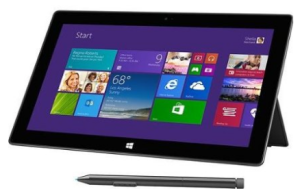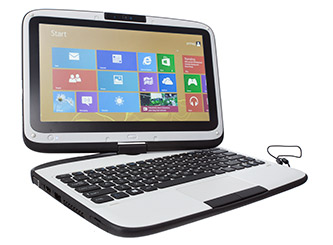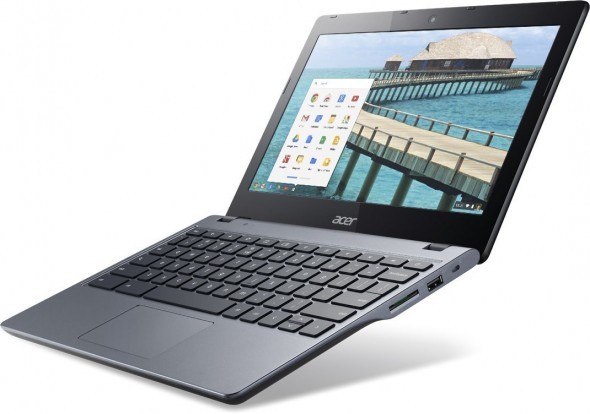Technology is becoming an increasingly important part of your child’s life with children in elementary school preferring to receive a laptop or console rather than traditional toys. With the educational possibilities that a laptop has to offer you are probably wondering what laptops are out there for your kids. We’ve reviewed a few of the best laptops for kids and PCs and this may be helpful for you.
How to Choose a Best Laptop for Kids
There are quite a few things to consider when choosing a laptop for your child. You need to work out what models best suit your child’s particular needs and the processing and function requirements for what your child will be using it for. Your child will be using PCs to engage with a whole new world of learning that this ever expanding world of technology has to offer and as they enter into elementary school it becomes increasingly important for them to have access to laptops and PCs at home and at school to hone their literacy and math skills. Here are a few things to think about when choosing a laptop.
What You Should Expect from a Laptop for Kids
- 1. Strong case. Children are much rougher with their laptops than adults, so making sure that the case is rugged enough to take it. There are many PCs and laptops that have been built to be a bit tougher than the average computer.
- 2. Mini screen. The bigger the screen, the heavier and more difficult it is for little hands to manage, Consider a screen that is less than 10 inches for ease of use.
- 3. Solid-state hard drive (SSD). Laptops with moving parts break easily or get jammed and filled with dust, whereas a solid state hard drive is more durable and easier to look after.
- 4. Software for learning. Many laptops come with software some of which can assist children with learning. When your kid needs to use laptops for school purposes they may need word processing software, encyclopedias and design programs.
- 5. Web-filtering software. It is important to be able to control your child’s access to internet content so web filtering software is a useful tool to have on their laptop. You can set the filter parameters and password protect access to offensive content.
- 6. Gaming function. Many of the learning and gaming software that your child may wish to use requires certain graphics capabilities and processing speeds to run. It is a good idea to do a little research in order to determine what may be required.
- 7. Price and durability. Price and durability are both high priorities when choosing a laptop, however, you may have to sacrifice one to gain the other. Inexpensive models will likely be less durable and a long lasting, quality laptop could set you back quite a bit. You can buy a protective case to increase the durability of a less expensive model, but just be aware that you may not be able to get everything you want from a cheaper laptop.
Best Laptops for Kids Recommended
1. Lenovo IdeaPad Yoga 13
 This is the first best laptop for kids. This lightweight ultrabook style laptop weighs in at less than 4 pounds and is small and easy to manage. It can be adapted for use as a tablet, tent, stand or regular laptop making it easy to use in a variety of different situations. The 8 hour battery life makes this slim line unit truly portable. The processor of this laptop is Intel’s i5-3337U ULV, featuring 4GB DDR3 RAM and a 128GB solid state drive for added durability. It also features a 10 point touch screen for added ease of access.
This is the first best laptop for kids. This lightweight ultrabook style laptop weighs in at less than 4 pounds and is small and easy to manage. It can be adapted for use as a tablet, tent, stand or regular laptop making it easy to use in a variety of different situations. The 8 hour battery life makes this slim line unit truly portable. The processor of this laptop is Intel’s i5-3337U ULV, featuring 4GB DDR3 RAM and a 128GB solid state drive for added durability. It also features a 10 point touch screen for added ease of access.
2. HP Pavilion 11-h110nr
 This touchscreen model combines the ease of access of a touch screen tablet with the versatility of a laptop. The screen detaches from the standard QWERTY keyboard with ease allowing superior portability. The touchscreen allows new computer users to access applications with ease. The SimplePass function allows you to save a user password and the durable solid state drive lasts longer than its moving part contemporaries. It is powered by a 2.1GHz Intel Pentium N3520 and features 64GB of space on the hard drive. It also has a camera for photos and video and excellent video playback.
This touchscreen model combines the ease of access of a touch screen tablet with the versatility of a laptop. The screen detaches from the standard QWERTY keyboard with ease allowing superior portability. The touchscreen allows new computer users to access applications with ease. The SimplePass function allows you to save a user password and the durable solid state drive lasts longer than its moving part contemporaries. It is powered by a 2.1GHz Intel Pentium N3520 and features 64GB of space on the hard drive. It also has a camera for photos and video and excellent video playback.
3. Microsoft Surface Pro 2
 If you want to find a best laptop for kids, you should never miss this one. With a whopping 128KB hard drive, there is tons of room for artwork, documents, photos, videos, games and educational programs. The Intel i5 processor with 4GB of RAM will keep the laptop running smoothly and the Intel HD graphics 4000 GPU will give superior image quality for video, games and photographs. This model is lightweight and has a touchscreen and stylus that allows for easy access. The dual camera allows you to take photos from the front and back of the tablet. The HD quality of the display is not compromised by the small screen size of just over 10 inches and provides clear images and sound for multimedia.
If you want to find a best laptop for kids, you should never miss this one. With a whopping 128KB hard drive, there is tons of room for artwork, documents, photos, videos, games and educational programs. The Intel i5 processor with 4GB of RAM will keep the laptop running smoothly and the Intel HD graphics 4000 GPU will give superior image quality for video, games and photographs. This model is lightweight and has a touchscreen and stylus that allows for easy access. The dual camera allows you to take photos from the front and back of the tablet. The HD quality of the display is not compromised by the small screen size of just over 10 inches and provides clear images and sound for multimedia.
4. 2Go Convertible NL4 Classmate PC
 Specifically designed with little people in mind, this easy to use classroom laptop ticks most of the boxes that you may be looking for in a laptop for your kids. Whilst it does not offer the versatility of the tablet laptop hybrids, it is vastly more durable and rugged. It is designed to be relatively disaster proof and fantastic ease of access and integrates seamlessly with Intel’s classroom management package which is software utilized by teachers across the globe. Its main selling point is the purpose designed education features.
Specifically designed with little people in mind, this easy to use classroom laptop ticks most of the boxes that you may be looking for in a laptop for your kids. Whilst it does not offer the versatility of the tablet laptop hybrids, it is vastly more durable and rugged. It is designed to be relatively disaster proof and fantastic ease of access and integrates seamlessly with Intel’s classroom management package which is software utilized by teachers across the globe. Its main selling point is the purpose designed education features.
5. Acer C720 Chromebook
 This inexpensive laptop may not have the processing power as its more expensive peers, but what it lacks in hardware it makes up for with portability. This super lightweight and slim line chromebook still has fast operating speeds and good battery life. The hard drive is a 16GB solid state drive recommended for a more durable laptop and the operating system is the Google Chrome system which allows for integrated effortless sharing across devices.
This inexpensive laptop may not have the processing power as its more expensive peers, but what it lacks in hardware it makes up for with portability. This super lightweight and slim line chromebook still has fast operating speeds and good battery life. The hard drive is a 16GB solid state drive recommended for a more durable laptop and the operating system is the Google Chrome system which allows for integrated effortless sharing across devices.
For advice on how to choose a best laptop for kids, please watch this video. It offers advice on using a computer as well:
